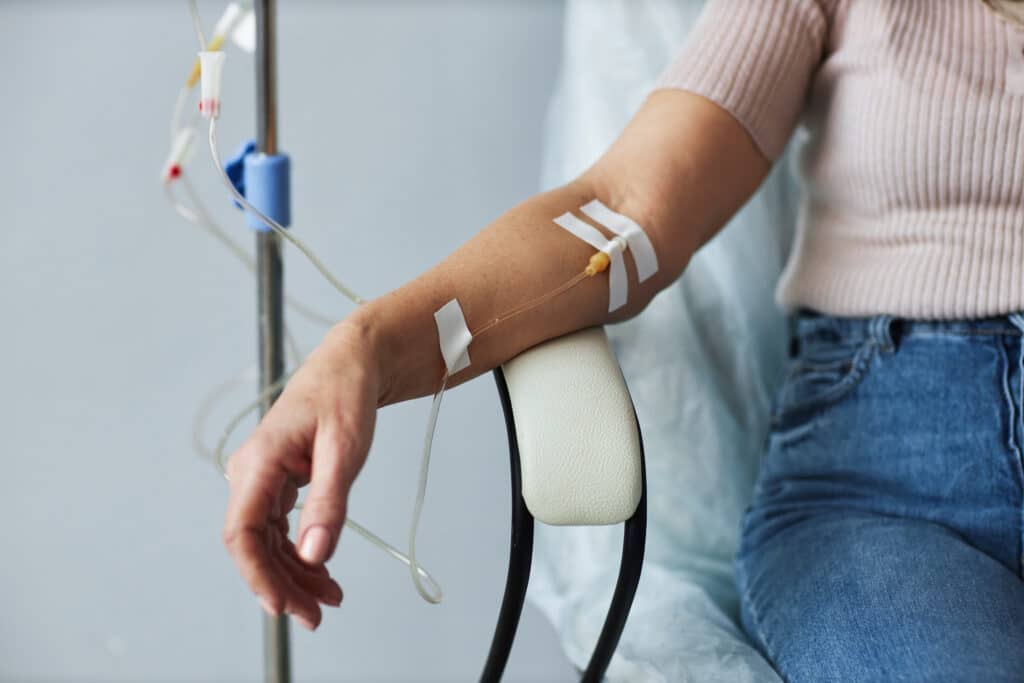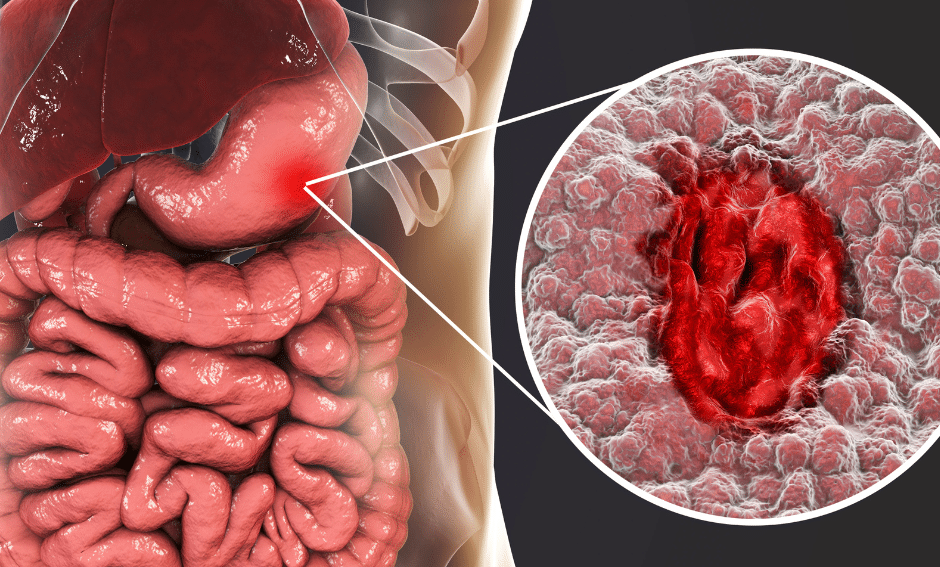5 Things to Know About Malabsorption Syndrome
We all know the saying, “you are what you eat.” Unfortunately for many people, your body may not let this adage be the case. If you have recently been diagnosed with malabsorption syndrome or think that you may be suffering from it, here’s five things you should know.
1. Malabsorption Syndrome Affects the Small Intestine
Malabsorption Syndrome is a group of disorders that occur in the small intestine. Most of the body’s digestion of food occurs in the small intestine, and it’s also where most of the nutrients are taken into the body. The nutrients – such as protein, vitamins and calcium – are then carried through the blood and circulated throughout the body. Malabsorption syndrome occurs when the small intestine fails to extract the nutrients, leading to a number of other disorders and symptoms.
2. Malabsorption Syndrome Can Be a Symptom of a Chronic Condition
Malabsorption syndrome may be caused by a wide variety of reasons. In some cases, it may be caused by a chronic disease:
Cystic Fibrosis
This chronic condition can fill the digestive tract and the lungs with heavy mucus, which can prevent the walls of the intestine from breaking down food properly. People with cystic fibrosis also often usually lose enzymes that are used in the digestive process.
Crohn’s Disease
Crohn’s disease is known as an inflammatory bowel disease. While it may cause several symptoms, the inflammation of the digestive tract prevents the intestines from properly functioning, leading to malabsorption.
Celiac Disease
Celiac disease directly affects the small intestine, so malabsorption is common for people who are not managing their condition correctly. Similar to allergies, celiac disease is an immune system condition that leaves people intolerant of gluten. When people with celiac eat gluten, the small intestine is damaged.
3. You May Not Need Direct Treatment for Malabsorption
The most common treatments for malabsorption depend on what’s causing it. In some cases patients are put on a special diet, other times medications or antibiotics. But many times malabsorption is a potential side effect of several temporary conditions, including bacterial infections, viruses such as the flu, and parasites. It can also occur from consuming too many laxatives or being on too many antibiotics. In many of these cases, either changing behaviors or waiting until/treating the underlying condition will allow malabsorption to dissipate.
4. Several Tests May Be Done for Malabsorption
If patients do not have any known condition that causes malabsorption, there are multiple tests a gastroenterologist can perform to confirm the syndrome if it’s suspected:
- Stool tests to see if it contains too much fat.
- A biopsy to see whether the intestine is infected using an endoscopy.
- A lactose hydrogen breath test to measure hydrogen levels after drinking a dairy product.
- Imaging tests to look for structural problems in the digestive system.
5. Just Follow Your Nose
Since malabsorption is a digestive issue, many of the warning signs are related to your bowel movements. If your stool is starting to smell particularly worse, it’s one of the most common red flags for malabsorption, especially when combined with frequent diarrhea, loose stools, stools that are lighter in color or tend to be difficult to flush because they float (too much fat content). Beyond paying attention to your time in the bathroom, symptoms may also include weight loss or scaly skin.
See a Gastroenterologist to Discuss Malabsorption Syndrome
If you have been diagnosed with malabsorption or suspect you may be suffering from malabsorption syndrome, make an appointment with Digestive Healthcare Center today. Our team provides premier digestive care for New Jersey residents, with three locations in Hillsborough, Somerville, and Warren. Not in New Jersey? Schedule a telemedicine visit!
Make an Appointment for Comprehensive Digestive Care in NJ
At Digestive Healthcare Center, we want each patient at our three offices in New Jersey to feel confident about their digestive health. We encourage you to contact us today to make an appointment with one of our expert gastroenterologists – don’t wait to start putting your digestive health first!
Recent Blogs
Learn more about all things digestive health and wellness by checking out our recent gastroenterology blogs.

Infusion therapy has become a vital treatment option for individuals with Crohn’s disease, offering relief when traditional medications may fall short. This method delivers medication directly into the bloodstream, providing quicker and more targeted effects to help manage inflammation, reduce symptoms, and improve quality of life. For those with moderate to severe Crohn’s disease, infusion […]

The Advancement of Ulcerative Colitis Treatment Ulcerative colitis (UC) is a chronic inflammatory bowel disease (IBD) that affects the lining of the colon and rectum. Those diagnosed with UC often experience flare-ups that can significantly impact their quality of life. Fortunately, advancements in medical treatment have made managing this condition more achievable. One option is […]

Diverticular disease and diverticulitis are related digestive health conditions that affect the large intestine (colon). With diverticular disease, small, bulging pockets develop on the lining of the colon. When these pockets become inflamed or infected, the condition is called diverticulitis. They are very common – especially after age 40 – and rarely cause problems. At […]


























